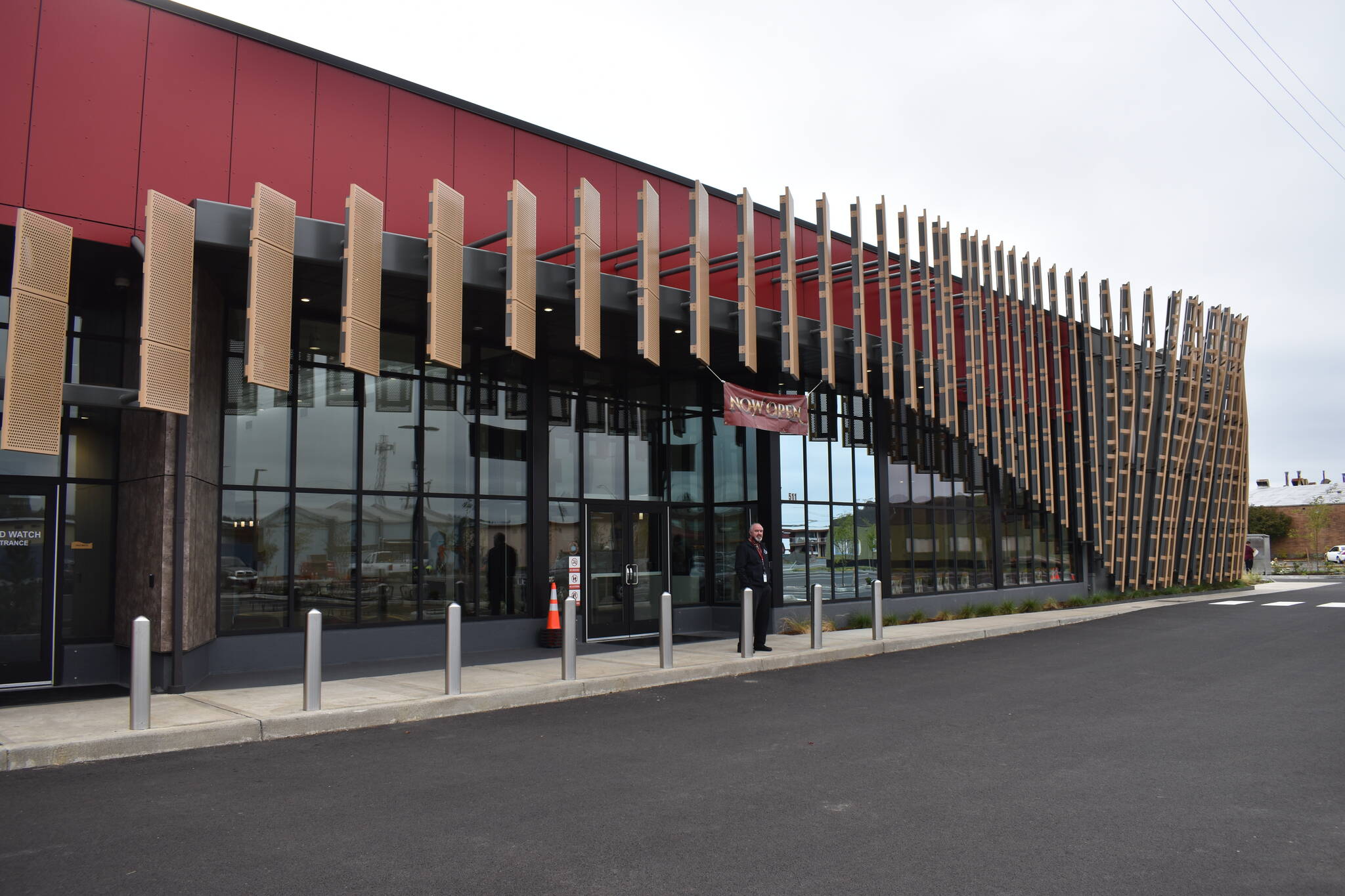A new assessment has pinpointed behavioral health needs in Grays Harbor County — and the areas where services fail to meet them.
Grays Harbor Public Health employed Seattle-based consulting firm Health Management Associates to create the study, labeled a behavioral health gap assessment, which will inform health officials in addressing behavioral health issues in the county.
According to the assessment, which was released Monday, the state of Washington in 2016 categorized behavioral health as the combined management of both substance use disorders and mental health treatment services.
“Our hope is that this report will serve as a guideline for decision makers when weighing options on how to best improve the mental health and substance use disorder systems that serve Grays Harbor County residents,” said Grays Harbor County Public Health director Mike McNickle in a press release.
The assessment succeeded in portraying Grays Harbor’s behavioral health gap — the difference between need and demand — with tangible statistics.
When compared to its larger neighboring Cowlitz and Lewis counties, Grays Harbor “consistently used more crisis management services per capita,” during the first quarter of 2022. Despite having roughly half the population of Cowlitz county, Grays Harbor used just as many services, and 22% to 50% more services than slightly larger Lewis County, according to the assessment.
Opioid-related death rates in Grays Harbor County are about 50% higher than the state average, and methamphetamine-related death rates are twice the state’s mark.
But crisis management service in the county doesn’t match this proportionally high demand.
“First responders, providers, social service agencies and community members are in consensus with one another that there is not adequate emergency access for people who are experiencing an acute behavioral health emergency in Grays Harbor,” the assessment reads.
The lack of access extends to all behavioral health services, not just emergency services. Grays Harbor’s slim healthcare workforce poses the biggest challenge for healthcare providers, according to a data-collecting survey issued earlier this year.
Rural areas, specifically Oakville and Ocean Shores, are especially lacking in behavioral health service, according to the assessment. Oakville has only one provider of mental health and substance use disorder services, while Ocean Shores’ only provider hasn’t operated for over two years because of health clinician vacancies.
Those that do have access to service in Grays Harbor County usually get adequate follow-up care — an area where the county outperformed the state as a whole, according to the assessment. The county also excelled at community-provider engagement when it came to treatment for substance use disorders, according to the assessment.
The assessment also noted that the Quinault Wellness Center, which started accepting patients on Monday, Oct. 3, would help close the health service gap.
“The Behavioral Health Gap Analysis is a big step forward in the county’s effort to develop a ‘continuous system of care’ approach to mental health and substance use disorders,” McNickle said.


